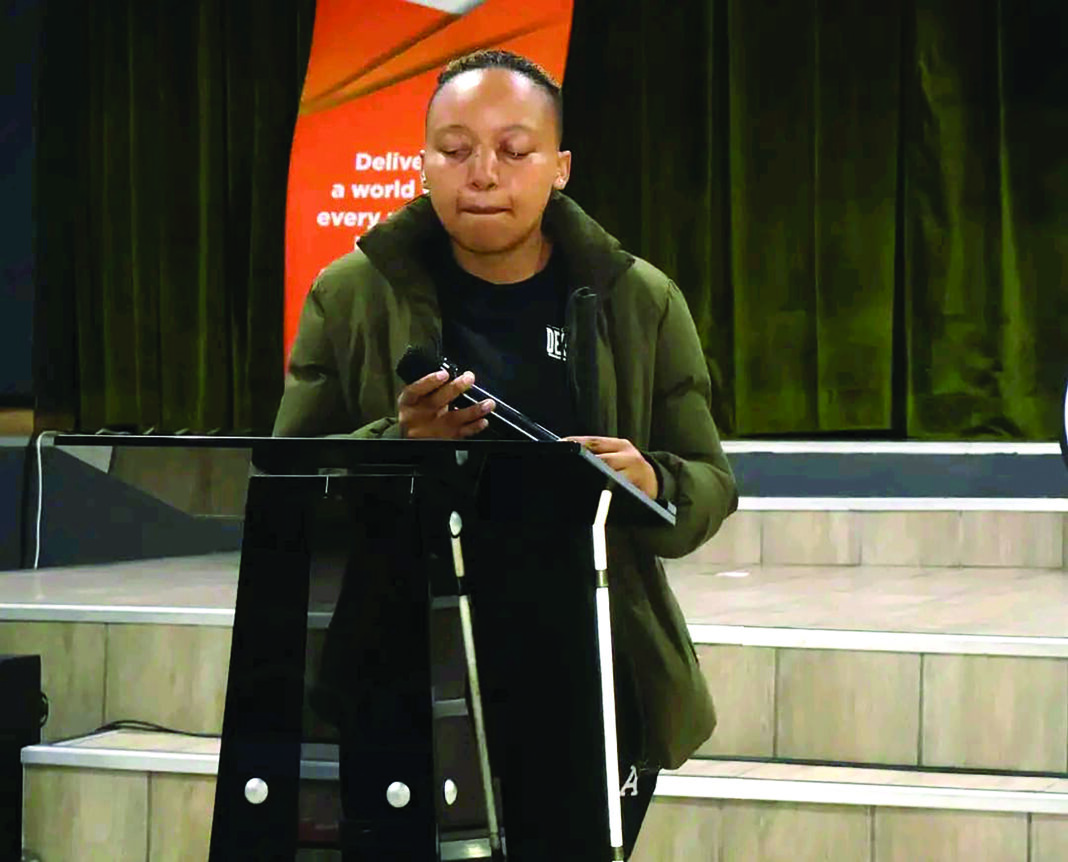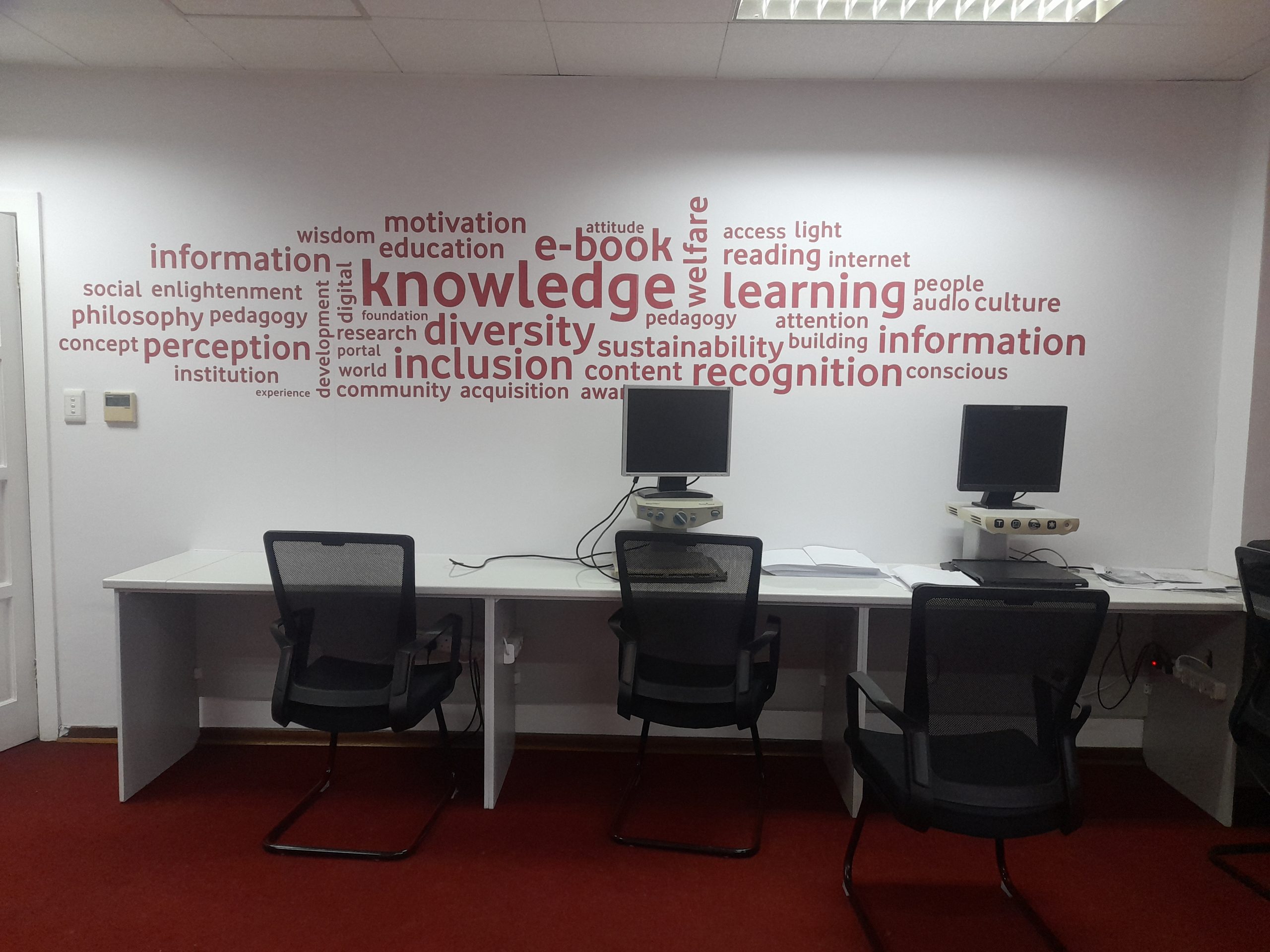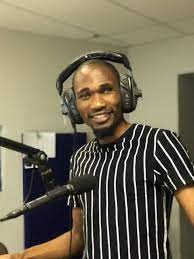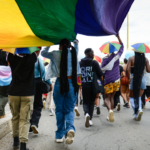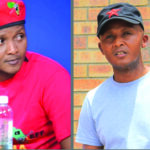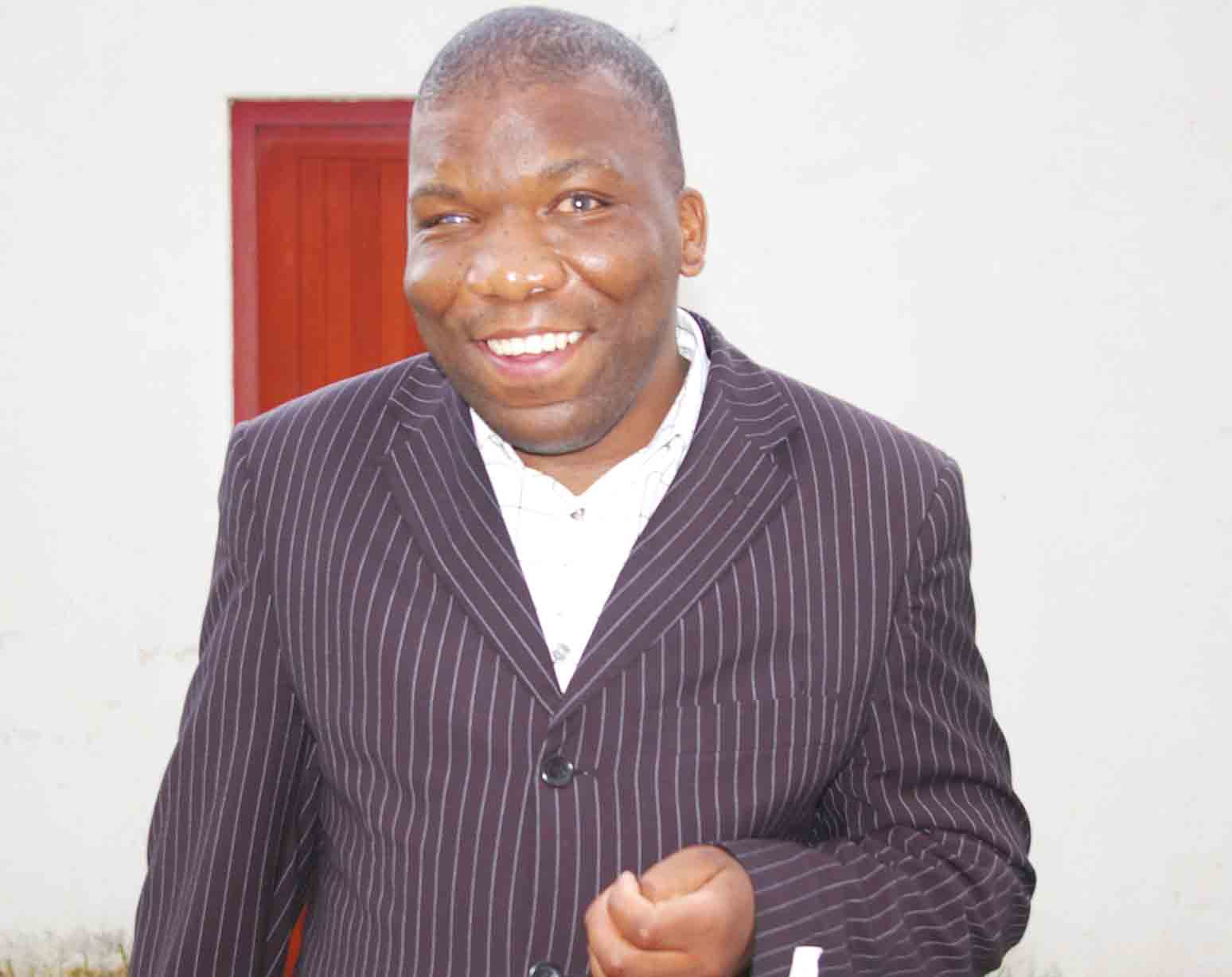Refiloehape Sesinyi, Gender Officer for the Lesotho National Federation of Organisations of the Disabled (LNFOD), is more than an advocate, she is a voice demanding visibility for a community too often overlooked and left behind.
Her passion for inclusion is rooted in personal experience, a moment in her youth when the system failed her, altering the course of her life.
Sesinyi was thriving in high school, excelling in mathematics and science, when she became visually impaired. Suddenly, the future she had envisioned was no longer within reach.
“I was told to stop taking those subjects because there were no materials to support my disability,” she recalls. “That meant I had to change the career I wanted to pursue.”
That one barrier, the lack of accessible learning materials, illustrates how easily systemic neglect can derail a young person’s potential. In Lesotho, she notes, only two well-established resource centres cater to the visually impaired. As a result, many talented learners are excluded from the education system altogether because of logistical and institutional shortcomings.
The problem extends beyond visual impairment. Sesinyi says students who are deaf or hard of hearing often find themselves in classrooms led by teachers with no training in disability inclusion.
The assumption that people with disabilities cannot study technical subjects like mathematics or science remains widespread, a quiet but powerful injustice that limits opportunities and deepens inequality.
Beyond education, Sesinyi’s advocacy focuses on three major challenges that continue to isolate persons with disabilities: vulnerability to gender-based violence (GBV), lack of access to information, and economic exploitation.
She notes that women and girls with disabilities are particularly at risk of GBV, often from those closest to them. Reporting abuse, she explains, is fraught with difficulty when the perpetrator is also a caregiver or family member who provides food, shelter, or daily assistance.
“Victims are forced to choose between reporting their abuse and keeping a roof over their heads,” she said.
Access to information is another barrier. Much of the content shared through government channels or on social media is not accessible, websites lack compatibility features for people with visual or hearing impairments, and information for those with intellectual disabilities rarely includes simplified text or pictorial aids.
“If you are not intentional, you can easily forget to include persons with disabilities,” she cautions.
Sesinyi also raises concerns about the exploitation of people with intellectual disabilities, many of whom are used for cheap labour because they cannot effectively advocate for themselves.
“Are we saying that simply because of their disability they must remain trapped in poverty?” she asks, urging society to confront this injustice and take collective responsibility.
Encouragingly, Sesinyi is not fighting this battle alone. Key partners are beginning to heed the call for inclusion.
UNFPA Country Representative John Kennedy Mosoti emphasised that organisations must be deliberate in ensuring inclusion, particularly in promoting Sexual and Reproductive Health and Rights (SRHR) and eliminating GBV. He reaffirmed UNFPA’s commitment to supporting both the government and Parliament in creating inclusive policies and engaging communities to ensure that “no one is left behind.”
The private sector is also stepping up. Vodacom Lesotho CEO Mohale Ralebitso underscored the importance of collaboration, describing corporate responsibility as “making profits with a heart.” He said businesses have a duty to help shape the nation’s social architecture.
“As business, we cannot succeed in a country that’s failing,” Ralebitso said, pledging Vodacom’s continued support for infrastructure and technology that promote accessibility and inclusion.
The remarks were made during the National Assembly Capacity Building Workshop, organised by UNFPA with full logistical support. However, the event faced an early setback when Members of Parliament (MPs) failed to show up on the opening day.
Despite the venue, catering, and facilitation teams being ready, only one MP and the Clerk of the National Assembly attended. The organisers were forced to postpone the session to Tuesday.
The Clerk apologised on behalf of the Speaker and MPs, citing conflicting meetings as the reason for the poor turnout.
The workshop is intended to strengthen MPs’ capacity to fulfil their oversight, legislative, and representative responsibilities, with a special focus on advancing SRHR, ending GBV, and preventing HIV in Lesotho.
Summary
- Refiloehape Sesinyi, Gender Officer for the Lesotho National Federation of Organisations of the Disabled (LNFOD), is more than an advocate, she is a voice demanding visibility for a community too often overlooked and left behind.
- Her passion for inclusion is rooted in personal experience, a moment in her youth when the system failed her, altering the course of her life.
- Much of the content shared through government channels or on social media is not accessible, websites lack compatibility features for people with visual or hearing impairments, and information for those with intellectual disabilities rarely includes simplified text or pictorial aids.

Ntsoaki Motaung is an award-winning health journalist from Lesotho, specializing in community health stories with a focus on sexual and reproductive health and rights, as well as HIV. She has contributed to platforms like “Be in the KNOW,” highlighting issues such as the exclusion of people with disabilities from HIV prevention efforts in Lesotho.
In addition to her journalism, Ntsoaki serves as the Country Coordinator for the Regional Media Action Plan Support Network (REMAPSEN). She is also a 2023 CPHIA Journalism Fellow.


